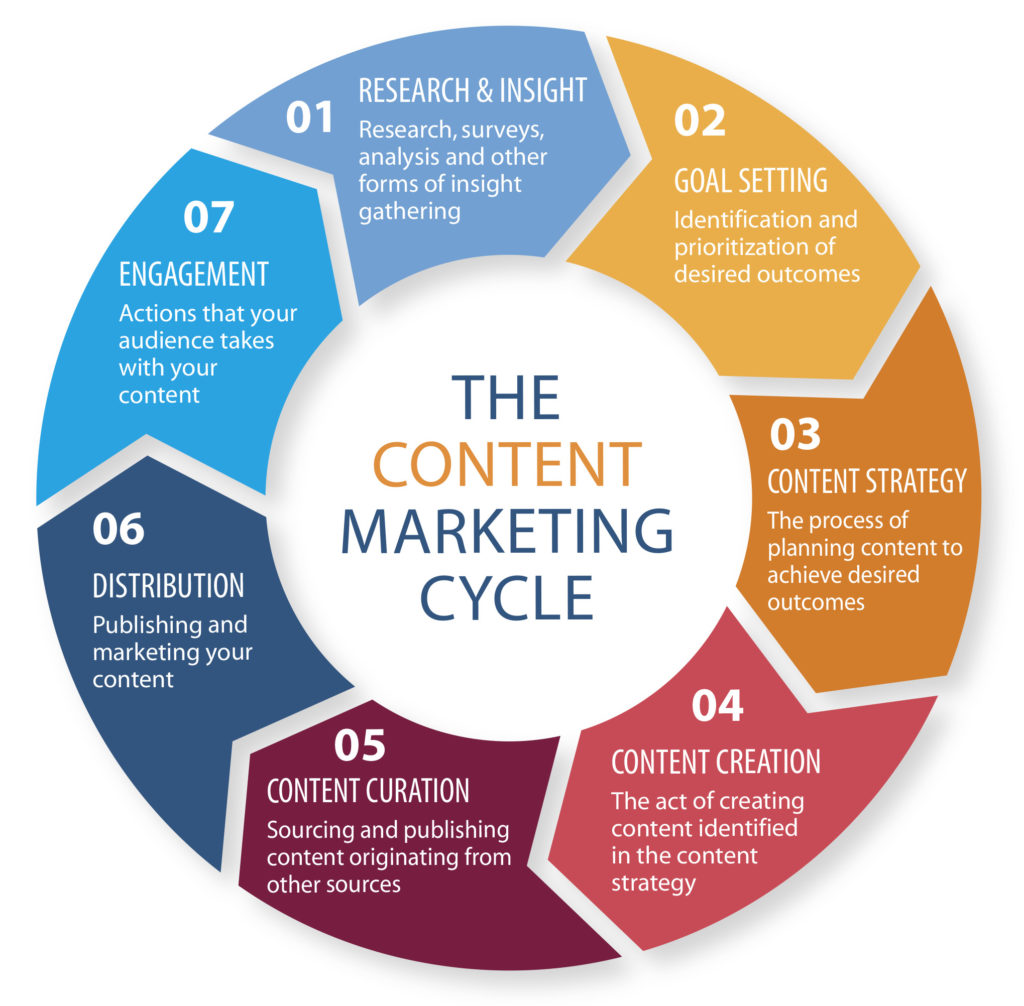Navigating the Dynamic Landscape of Marketing Management: Challenges and Opportunities in Today's Business Environment.

Challenges Facing Marketers

Rapid Technological Advancements: The pace of technological innovation presents both opportunities and challenges for marketers. While advancements in artificial intelligence, big data analytics, and digital marketing platforms enable targeted marketing campaigns and personalized experiences, they also require marketers to stay abreast of new technologies and adapt their strategies accordingly.
Changing Consumer Behavior: Consumer preferences and behaviors are continually evolving in response to societal trends, economic factors, and technological developments. Marketers must navigate these shifts by understanding and anticipating changing consumer needs, preferences, and purchase motivations. Failure to adapt to changing consumer behavior can result in missed opportunities and decreased competitiveness.
Globalization: The increasing interconnectedness of economies and markets presents opportunities for businesses to expand into new markets and reach a broader audience. However, globalization also brings challenges such as cultural differences, regulatory complexities, and intensified competition. Marketers must tailor their strategies to local market dynamics while maintaining a consistent global brand identity.
Data Privacy and Security: With the proliferation of data-driven marketing initiatives, concerns around data privacy and security have become paramount. Marketers must navigate a complex regulatory landscape and ensure compliance with data protection laws such as GDPR and CCPA. Building trust with consumers by prioritizing data privacy and security is essential for maintaining brand reputation and customer loyalty.
Opportunities for Marketers
Personalization: Advances in data analytics and machine learning enable marketers to deliver highly personalized experiences tailored to individual customer preferences and behaviors. By leveraging customer data effectively, marketers can segment audiences, deliver targeted messaging, and optimize the customer journey to drive engagement and conversions.
Content Marketing: Content marketing continues to be a powerful strategy for attracting, engaging, and converting customers. Marketers have the opportunity to create compelling, relevant content across various channels, including blogs, social media, videos, and podcasts, to educate, entertain, and inspire audiences.




Influencer marketing is a type of marketing strategy that involves leveraging individuals with a strong online presence and a dedicated following (influencers) to promote products, services, or brands to their audience. These influencers, often found on social media platforms such as Instagram, YouTube, TikTok, and blogs, have the ability to sway the purchasing decisions of their followers through authentic and engaging content.
Key Aspects of Influencer Marketing:
Authenticity: Authenticity is paramount in influencer marketing. Followers trust influencers who are genuine and transparent in their recommendations and endorsements. Authenticity fosters credibility and enhances the effectiveness of influencer partnerships.
Audience Alignment: Successful influencer partnerships are built on aligning the brand with influencers whose audience demographics, interests, and values closely match those of the target market. This ensures relevance and resonance with the intended audience.
Content Creativity: Influencer marketing thrives on creative and engaging content that captures the attention of followers and drives engagement. Collaborating with influencers to co-create content that seamlessly integrates the brand message is key to campaign success.
Measurement and ROI: Measuring the success of influencer marketing campaigns requires tracking key performance indicators (KPIs) such as reach, engagement, clicks, conversions, and return on investment (ROI). Using analytics tools and tracking codes can help assess the effectiveness of influencer partnerships.
Strategies for Effective Influencer Marketing:
Identify the Right Influencers: Conduct thorough research to identify influencers whose audience aligns with your target market. Consider factors such as follower demographics, engagement rates, content quality, and brand affinity.
Set Clear Objectives: Define clear objectives and goals for your influencer marketing campaign, whether it's increasing brand awareness, driving website traffic, boosting sales, or enhancing brand credibility.
Develop Authentic Partnerships: Cultivate authentic relationships with influencers based on mutual trust, respect, and shared values. Provide influencers with creative freedom to craft content that resonates with their audience while aligning with your brand message.
Create Compelling Content: Collaborate with influencers to create engaging and creative content that showcases your product or service in an authentic and relatable way. Experiment with different content formats such as photos, videos, stories, and live streams.
Measure and Optimize Performance: Continuously monitor and evaluate the performance of your influencer marketing campaigns against predefined KPIs. Use insights gathered from analytics to refine your strategy, optimize campaign performance, and maximize ROI.
Examples of Successful Influencer Marketing Campaigns:
Daniel Wellington: The watch brand Daniel Wellington built its brand image through influencer partnerships with fashion bloggers and Instagram influencers. By featuring stylish lifestyle imagery of influencers wearing their watches, Daniel Wellington created a buzz and generated widespread brand awareness among fashion-conscious consumers.
Sephora: Sephora, a beauty retailer, collaborates with beauty influencers and makeup artists to showcase its products through tutorials, reviews, and product recommendations. By leveraging the expertise and credibility of influencers in the beauty community, Sephora enhances brand credibility and drives product sales.
Flat Tummy Co: Flat Tummy Co, a wellness brand, partners with fitness influencers and celebrities to promote its range of detox teas and supplements. Through sponsored posts, testimonials, and before-and-after photos, Flat Tummy Co leverages influencers' aspirational lifestyles to appeal to health-conscious consumers and drive product purchases.
Fenty Beauty: Fenty Beauty, a cosmetics brand launched by Rihanna, prioritizes diversity and inclusivity in its influencer marketing campaigns. By collaborating with influencers of various ethnicities, skin tones, and backgrounds, Fenty Beauty celebrates individuality and empowers consumers to express themselves through makeup, resonating with a diverse global audience.
Influencer marketing continues to be a powerful strategy for brands to reach and engage with their target audience authentically. By leveraging the influence and credibility of individuals with a strong online presence, brands can amplify their message, enhance brand awareness, drive product consideration, and ultimately, boost sales and revenue. However, success in influencer marketing requires careful planning, strategic alignment, and a commitment to authenticity and creativity.
In conclusion, the dynamic business environment presents both challenges and opportunities for marketers. By embracing technological advancements, understanding changing consumer behavior, and leveraging globalization, marketers can drive innovation, growth, and success for their organizations. By staying agile, adaptable, and customer-centric, marketers can navigate the complexities of the modern marketplace and seize opportunities to differentiate their brands and drive sustainable competitive advantage.
Comments
Post a Comment